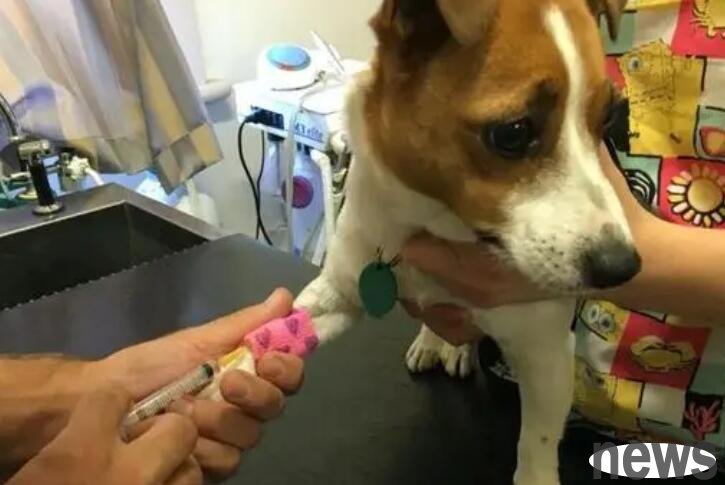What should I do if a dog suffers from E. coli disease? E. coliosis in dogs is an acute intestinal infectious disease in newborn dogs. Clinical characteristics are sepsis and diarrhea. 1. Causes of E. coli disease: 1. The pathogen is E. coli; 2. E....
What should I do if a dog suffers from E. coli disease? E. coliosis in dogs is an acute intestinal infectious disease in newborn dogs. Clinical characteristics are sepsis and diarrhea.
1. Causes of E. coli disease:

1. The pathogen is E. coli;
2. E. coli is widely present in the intestines, soil, feces, and water of healthy dogs, but not all E. coli are pathogenic. Only some pathogenic strains can cause the disease of the dog under conditions such as poor breeding and management, poor kennel hygiene conditions, insufficient milk, and drastic climate changes.
2. Key points of diagnosis of E. coli disease:
This disease mainly occurs in puppies within 1 week old. The occurrence of the disease is closely related to the poor breeding management. Clinical characteristics:
1. The sick dog shows depression, weak constitution, and loss of appetite. The most obvious symptoms are diarrhea, green, yellow-green or yellow-white, uneven viscosity, fishy feces, and often mixed with undigested curds and bubbles. The anus and tail are often contaminated by feces.
2. In the later stage, sick dogs often experience dehydration symptoms, their visual mucosa may turn white, their hind limbs are weak, their walking and shaking, and their skin lacks elasticity.
3. The body temperature drops below normal temperature before death.
4. The mortality rate is high. Some have neurological symptoms before dying.
5. Usually, a preliminary diagnosis can be made based on the age of onset and the characteristics of diarrhea. If necessary, the contents of the small intestine of the sick and dead dog should be submitted for examination.
III. Prevention and treatment measures for E. coli:

1. Disease dogs should be treated immediately. Many drugs have good efficacy on E. coli, but they must be discovered and treated early. Commonly used drugs include sulfonamide drugs, chloramphenicol, garlic tincture, and other anti-inflammatory and anti-diarrhea drugs, such as: one tablet of dysentery, take 1 to 2 tablets for 2 to 4 kg body weight, take 2 to 3 tablets for 5 to 10 kg body weight, 1 to 2 times a day.
2. For severe cases, glucose saline and sodium bicarbonate solution can be injected intravenously or intraperitoneally, and sufficient clean drinking water can be ensured to prevent dehydration.
3. Strengthen feeding management and improve environmental sanitation. Especially when the female dog’s labor room should be thoroughly cleaned and disinfected, and when the female dog’s breasts are contaminated, it should be cleaned in time. For puppies who have not developed the disease in their litter, the above drugs can be used to prevent it.